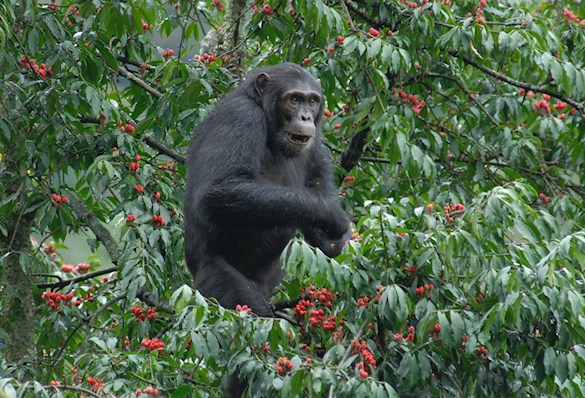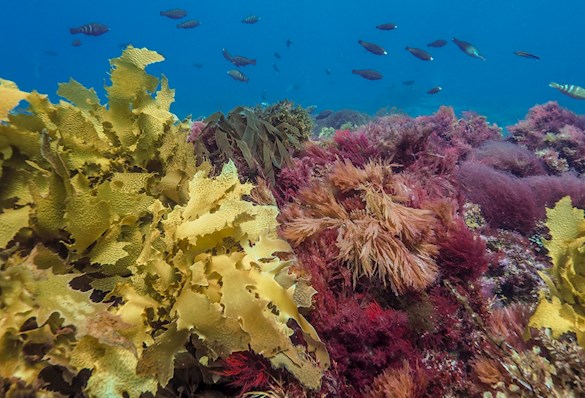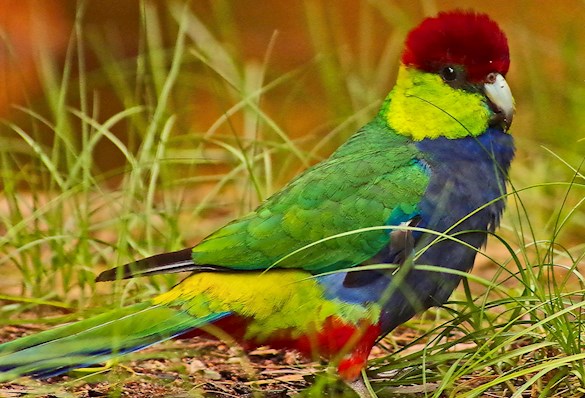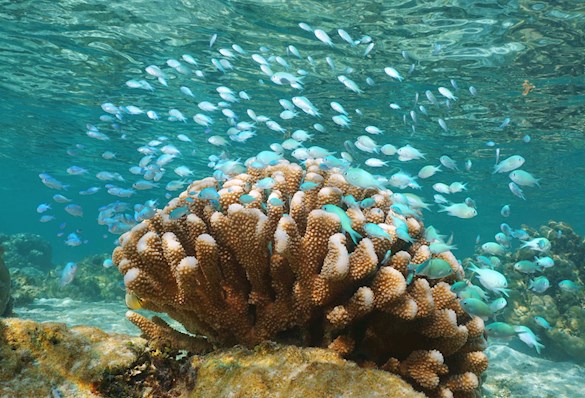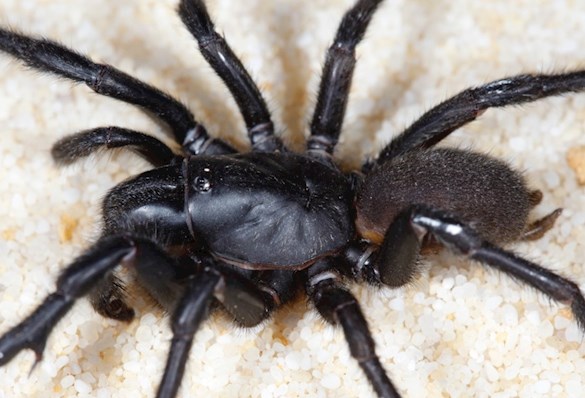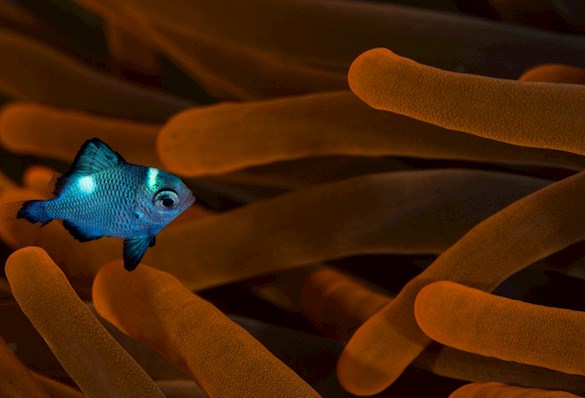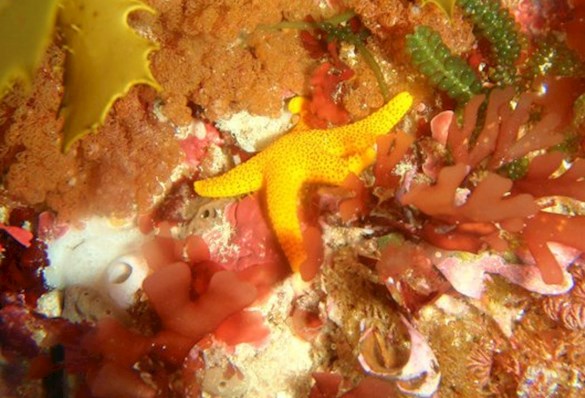
PROJECT
Behavioural Ecology of Chimpanzees in a Montane Forest in Rwanda
Understanding chimpanzee high-altitude adaptation
In 2015 we launched a project in Nyungwe National Park, Rwanda, whose overarching goal is to elucidate how the local chimpanzees have adapted to this relatively marginal rugged high-altitude environment. Our research thus far has focused on the chimpanzees’ dietary profile and responses to food shortages as well as the influence of landscape characteristics on ranging decisions and spatial cognition.
We are now proposing to further this research stream by examining additional ways in which ecological challenges have prompted evolved or plastic responses in domains such as habitat use (including use of agricultural lands), interactions with other primate species, tool use and nesting behaviour (nest site selection and nest architecture).
This project involves behavioural observations of a free-ranging chimpanzee community that are complemented with ecological monitoring of resources, measurements of nests etc.
Research team leader: Senior Lecturer Dr Cyril C. Grueter
My primary research interests include the evolution of primate/human sociality and the behavioral mechanisms responsible for the maintenance of social cohesion. My particular interests revolve around the evolution and functional significance of meta-group social organisation which describes cases in which individuals of different social units tolerate each other, collaborate to varying degrees and in some cases form higher-level groupings such as is found in multilevel societies. A second focus area of research that I started pursuing during my PhD on snub-nosed monkeys pivots on how these primates are able to cope with resource scarcity in a marginal and highly seasonal temperate environment.
How to apply
Interested in becoming part of this project? Complete the following steps to submit your expression of interest:
Step 1 - Check criteria
General UWA PhD entrance requirements can be found on the Future Students website.
Requirements specific to this project include:
- The specific areas of expertise of the applicant are open but should fit into the general theme. Topics of interest include primatology, biological anthropology, and behavioural ecology
- Competitive applicants will hold a M.Sc. or Honours in zoology, (biological) anthropology or related fields and have a strong interest in animal behaviour
- Demonstrated scientific creativity and expertise working with primates and/or field experience in tropical areas and knowledge of applied statistics are a plus.
Step 2 - Submit enquiry to research team leader
Step 3 - Lodge application
After you have discussed your project with the research team leader, you should be in a position to proceed to the next step of the UWA application process: Lodge an application. Different application procedures apply to domestic and international students.
Scholarships
- Domestic students
-
All domestic students may apply for Research Training Program and University Postgraduate Awards (UPA) scholarships
- International students
-
A range of scholarships are available from international organisations and governments. The full list, organised by country, is available on the Future Students website.
In addition, all international students may apply for International Research Training Program scholarships.
- Indigenous students
- Indigenous students are encouraged to apply for Indigenous Postgraduate Research Supplementary Scholarships.
- Forrest Foundation scholarships
- All international and Australian students who wish to study towards the degree of Doctor of Philosophy (PhD) at The University of Western Australia may apply for Forrest Scholarships.



































